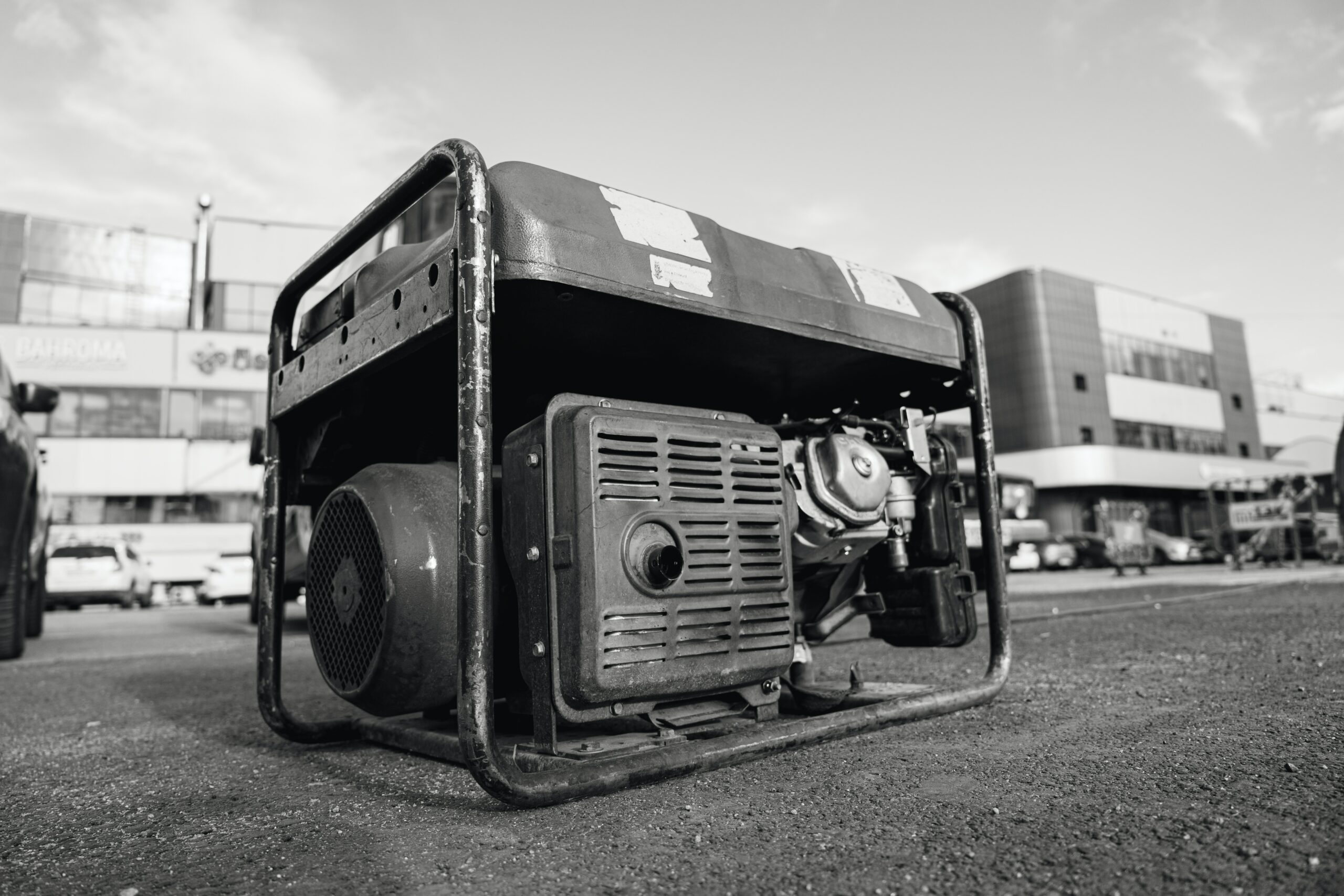In today’s fast-paced world, an uninterrupted power supply is essential for the smooth functioning of our homes. Whether it’s to keep the lights on, power essential appliances, or maintain a comfortable living environment during a power outage, a generator can be a lifesaver. However, choosing the right size generator for your home can be daunting.
That’s why we, at SPS Electric, are here to guide you through the process. This blog post will help you determine the appropriate generator size for your home, ensuring you have power when you need it most.
Factors to Consider:
- Calculate Your Power Needs: List all the essential appliances and devices during a power outage. Include refrigerators, air conditioners, heating systems, sump pumps, lights, and any medical equipment requiring electricity. Note the wattage requirements for each item. This information is usually found on the appliance’s label or in the user manual.
- Determine the Starting and Running Wattage: Some appliances, such as air conditioners and refrigerators, require an extra surge of power to start up. This starting wattage is higher than the running wattage, which is the power necessary to keep the appliance running once it has begun. Make sure to account for these differences when calculating your total power needs.
- Add Up the Wattage: Add up the running wattage of all the appliances you listed. Then, identify the highest starting wattage among them and add it to your total wattage calculation. This will give you an estimate of the maximum power your generator needs to provide.
Generator Sizing Options:
Once you have determined your power needs, consider the following generator sizing options:
- Portable Generators: Portable generators are versatile and can power a few essential appliances or devices. They are measured in terms of their running watts and surge watts. To select an appropriate portable generator, ensure that its rated wattage exceeds the total running wattage of your essential appliances. Remember that you may have to cycle some devices on and off if the generator’s capacity is limited.
- Standby Generators: A standby generator is the way to go if you require a seamless power supply for your entire home, even during more extended outages. These generators are connected to your home’s electrical system and automatically kick in when the power goes out. Standby generators are measured in terms of kilowatts (kW). A qualified electrician, like those at SPS Electrical, can help you assess your power needs and determine the appropriate size for your home.
- Professional Assessment: If you need clarification on calculating your power needs or selecting the right generator size, it’s always a good idea to seek professional assistance. An experienced electrician, such as the experts at SPS Electrical, can thoroughly assess your home’s power requirements and recommend the most suitable generator size for your needs.
What’s Next? How SPS Electric Can Help
The right size generator ensures a reliable power supply during emergencies. By accurately assessing your power needs and considering the various generator sizing options, you can make an informed decision for your home.
Remember, if you need guidance or installation assistance, don’t hesitate to contact the knowledgeable professionals at SPS Electric. With their expertise, you can enjoy peace of mind knowing that your home will remain powered up when it matters most.



